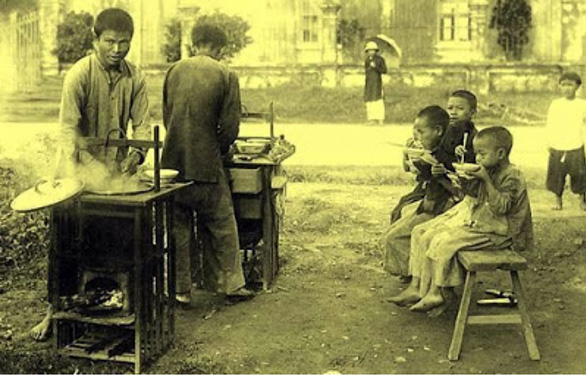With the multimillionaire Hoang Kieu spending more than $500,000 to help the recall effort, a political group called Westminster United headed by David Johnson has successfully submitted enough signatures to trigger a recall election of 3 out of the 5 members of the city council. Three petitions were submitted last month to recall Mayor Ta Tri, Councilwoman Kimberly Ho and Councilman Charlie Nguyen. The required signatures were verified last week by Orange County Registrar of Voters.
The city council will convene on January 8, 2020 to determine the date for the recall election. The date has to be no less than 88 days or more than 125 days after the meeting. It will likely fall in early May or at the end of April. The ballot will allow voters to vote for or against the recall. And if for the recall, they will have the opportunity to vote for a replacement. All three elected officials sought to be recalled cannot be candidates on the recall ballot. However, they are allowed to run for the general election in November if they lost in the recall.
It has been a bitter fight between two factions in the city council. Councilmen Tai Do and Sergio Contreras want to remove their colleagues who always vote together as a majority bloc. They are frustrated that they don't have the majority to control the agenda and the vote on issues that matter to them. Westminster United gathered 11,285 signatures over the summer and 9,047 signatures were qualified. They raised less than $10,000 while the rest of the money came from Hoang Kieu to hire signature collectors, consultant and advertisement. Legally, they only require to submit 8,736 signatures to qualify for the recall election; this number represents 20% of the city registered voters. The grievances for the recall are mostly political in nature and have no substance. But again, we are living in an era of great divisiveness where everything is blurred between the line.
 |
| Mayor Tri Ta |
There are 43,680 registered voters in Westminster City and 41% are Vietnamese-American. The city has over 91,000 residents and the majority is Asian. Mayor Tri Ta was re-elected in 2018 for a fourth term. Councilman Charlie Nguyen was first elected in 2018 after 3 attempts. Councilwoman Kimberly Ho was first elected in 2016 and will have to run for re-election in November 2020. In 2020, the city will be redistricting and the election will be based on 5 new districts.










































